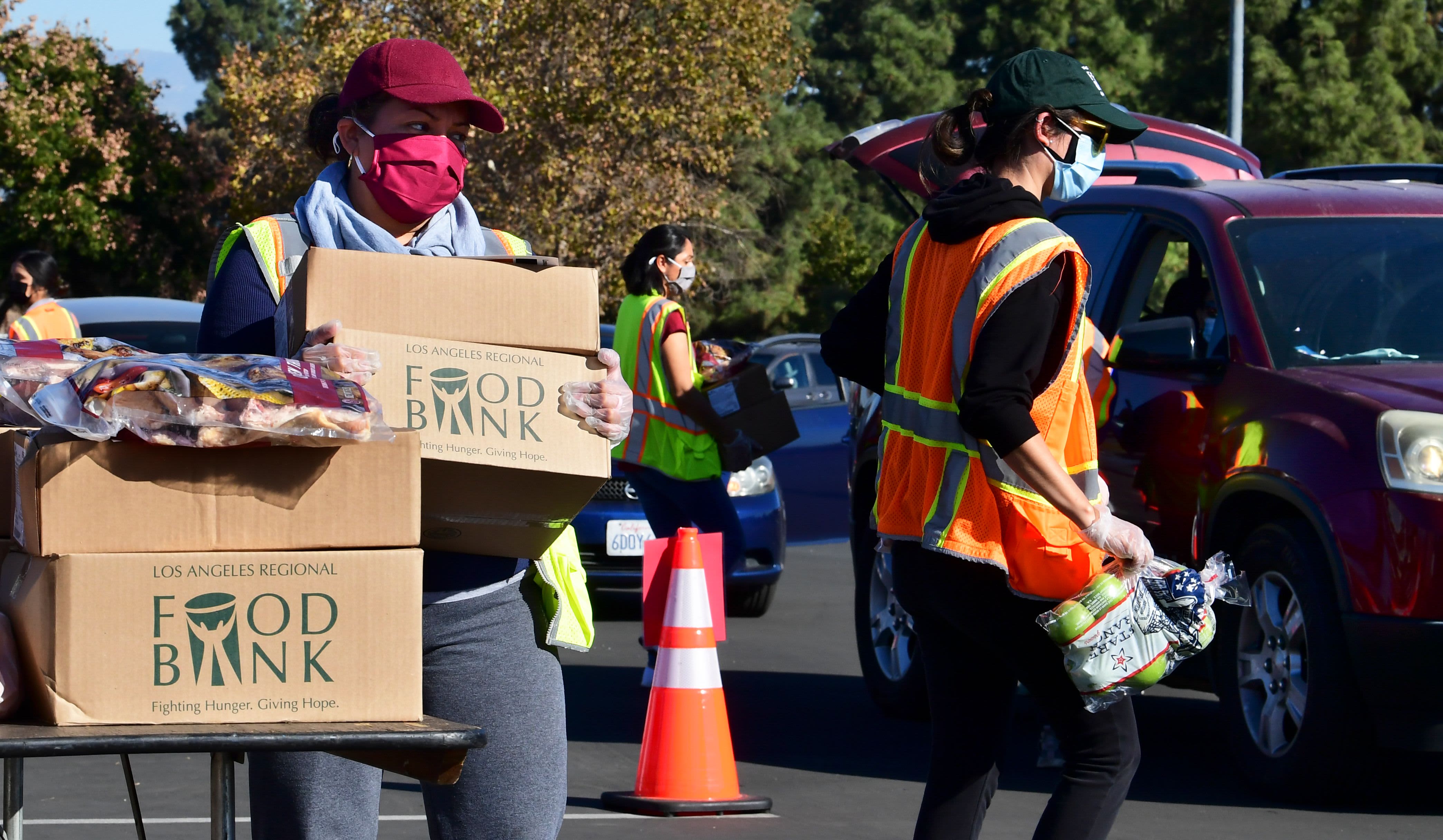Frederic J. Brown | AFP | Getty Images
What a long year of Covid it’s been.
Twelve months after the first case was confirmed in the U.S. in January 2020, American life and family finances continue to look different than they did pre-pandemic. While wealthier households — mostly college-educated and White — have largely rebounded from the financial shock, pain points that remain elsewhere in the economy suggest a rocky road ahead, according to a report from the National Conference on Citizenship.
“Disasters have a very long tail,” said Allison Plyer, chief demographer for The Data Center of Southeast Louisiana and one of the report’s authors. “This one is likely to have a very long recovery.”
More from Personal Finance:
Here’s a decade-by-decade guide to retirement planning
Why to be cautious before investing in cryptocurrency
Here’s a 12-month roadmap to financial wellness
As Covid deaths in the U.S. continue to mount — more than 421,000 as of Tuesday — roughly a third of people now know someone who has succumbed to the virus, according to the report. Aside from the human toll, the pandemic also has exacerbated inequality between the rich and poor, as well between Whites and racial minority groups.
Here are some key measurements the report showing where things stand after a year of Covid:
- The nation has 8.5 million fewer jobs at the end of 2020 than it did before Covid-related shutdowns began last March. In December, 140,000 jobs were lost, marking the first monthly decline since April.
- The share of employed adults is 57%. While higher than the 51% recorded last April, it’s lower than the 61% working before shutdowns hit.
- Close to a third of small businesses that were open in January 2020 are now closed. Those serving higher-income neighborhoods have been hit hardest due to a drop in demand. Even once a big swath of the country is vaccinated, “there will be people who are afraid to resume their previous way of life,” Plyer said. “The vaccine should help increase revenue for many businesses, but it may not bring spending back to pre-Covid levels.”
- The majority of adults in seven states (Kansas, Montana, New Hampshire, New Mexico, North Carolina, South Dakota and Wyoming) said in December that they expected to be evicted or foreclosed upon within two months. An executive order issued last week by President Joe Biden extends an existing moratorium on evictions through the end of March. However, “the economy would have to fully recover in just over two months for there to be no concern about evictions at the end of March,” Plyer said. “I cannot see any scenario where that would happen.”
- Twenty-nine states are projecting tax revenue decreases of 10% or more for fiscal year 2021, which could impact things like education, health care and disaster response.
- As of December, more than 1 in 10 adults were reporting their households have gone hungry during the pandemic. Louisiana ranks highest at more than 1 in 5.
- More than two-thirds (69%) of adults in a December survey reported experiencing anxiety in the previous week. Those earning below $50,000 per year were more likely to feel anxious, as were women and individuals who have experienced job loss.
